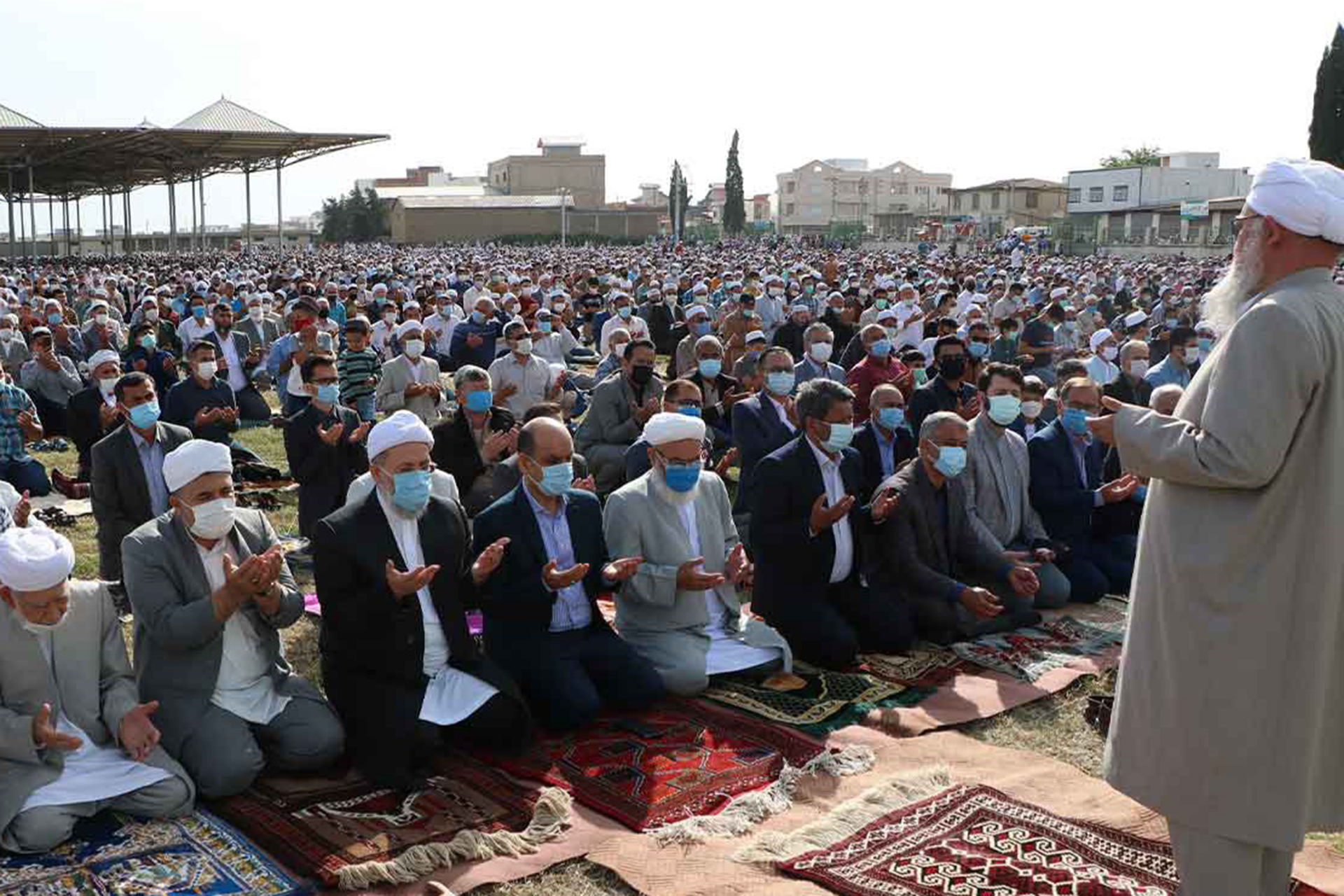Aljazeera.com Muslims around the globe will suffer more food prices this year than in any previous year, and in some countries they will buy the cheapest meat and leftovers for Iftar, and there will be no new clothes for their children, however, this crisis could bring ties closer within these communities.
The report, prepared by Federica Marci, explained that food and energy prices have risen around the world due to the Russian war in Ukraine, the ongoing effects of the Covid-19 pandemic, and events related to climate change affecting the global economy.
However, the report noted that countries in the Middle East, Asia and Africa, where the vast majority of the world's Muslims live, will be among the hardest hit by rising prices and shortages of key supplies.
The World Food Programme estimates that 349 million people in 79 countries were severely food insecure in 2022, and this figure is not expected to change much in 2023.
Half of their expenses on food
Rising food prices are forcing families to cut spending on other goods and services, WFP economist Frederick Gharib said, adding that the poor spend more than 50 percent of their income on food.
The economies of the Middle East, in general, have also been affected by domestic factors, such as wars, droughts and other natural disasters. More than 90 percent of Syrians live below the poverty line today, 12 years after the brutal war in that country began. The cost of living crisis is expected to worsen in the wake of last month's deadly earthquakes, with inflation in Turkey reaching 55%.
In Egypt, inflation has risen sharply, and food price inflation in the Middle East's most populous country reached 61.8% last month. Once food price inflation exceeds 15 percent, it will significantly affect other expenditures, including housing, sanitation and transportation, Gharib said. Some reports suggest that even the purchase of traditional Ramadan lanterns has been damaged.
Lebanon suffers the most
However, no country in the region suffers from a severe cost of living crisis like Lebanon, which is in its fourth year in deep economic, political and social crisis, while hosting the largest number of refugees per population in the world, and whose inflation rate broke the 100 mark (123% last January). Eighty percent of Lebanese will not be able to afford a traditional evening breakfast, according to U.S. Near East Aid, a prominent charity working in Lebanon.
Patricia Khader, a spokeswoman for the nonprofit CARE Lebanon, said people are coping by changing their food source patterns: they go to groceries at the end of the day to buy leftovers, and if they don't receive food aid, they borrow rice from neighbors.
Bangladesh, Indonesia and Pakistan
Such a reality is found in Pakistan, where households across the country of more than 200 million people have been affected, with inflation rising last month at a level not seen in half a century, due to global public factors, as well as devastating floods and political chaos.
Islamabad-based economist Sakib Shirani said government figures show that the purchasing power of the average Pakistani has eroded by more than 40 percent over the past year.
In Indonesia, which has the world's largest Muslim population, a new study found that 70% of consumers aged 8 to 23 plan to spend less on shopping in Ramadan this year than last year.
Meanwhile, Bangladesh's inflation rate has remained hovering just below 9%, a level not seen in a decade. For the more than a million Rohingya refugees who have fled Myanmar and are living in Bangladesh, survival seems even more difficult, with the World Food Programme (WFP) announcing it will cut its food budget for them in conjunction with the Ramadan season.
Extreme poverty
In Kenya, 17% of the country's population lives in extreme poverty, but inflation – stubbornly set above 9% since last September – is exacerbating the problems of most Kenyans. Ngaw, chairman of Kenya's Muslim National Consultative Council (a community group), said many Kenyans are unable to get 3 meals a day because the goods are too expensive.
Demonstrators took to the streets of the capital Nairobi and several other cities last week to protest the rising cost of living, the first major outbreak of political violence in the country since President William Ruto took power six months ago.
Ngau said many Muslim businessmen will not be able to pay zakat this year, and there is more bad news.
Iftar in mosques instead of homes
Meanwhile, in South Africa, the cost-of-living crisis may actually bring people closer together during the month of Ramadan, with Sheikh Majma' Safwan Sassman, a senior official at the Cape Town Islamic Judicial Council (a body of Muslim leaders), saying that communal iftars have become widespread, and eating iftars in mosques rather than at home has become commonplace.
Sassman added that the Crescent Observer Association, which used to prepare 200 food baskets during the month of Ramadan in past years for poor families, will now prepare 350 to keep up with the growing demand.
America and Britain too
The food crisis has not spared Muslim communities in Western countries. In the United States, New York City announced that it had partnered with two Islamic charities to distribute 7500,<> free Iftar meals to needy families during the month of Ramadan.
In Britain, Suhail Hanif, chief executive of the National Zakat Foundation, said that the British Muslim community had never seen such a crisis in the cost of living "the worst", as the total demand for receiving zakat doubled this year compared to 2021.
Food prices in the UK rose at the fastest rate in more than 40 years, with inflation in food and non-alcoholic beverages reaching 16.8% in January, electricity prices rising 66.7% and gas prices rising 129.4% in the 12 months to January.

